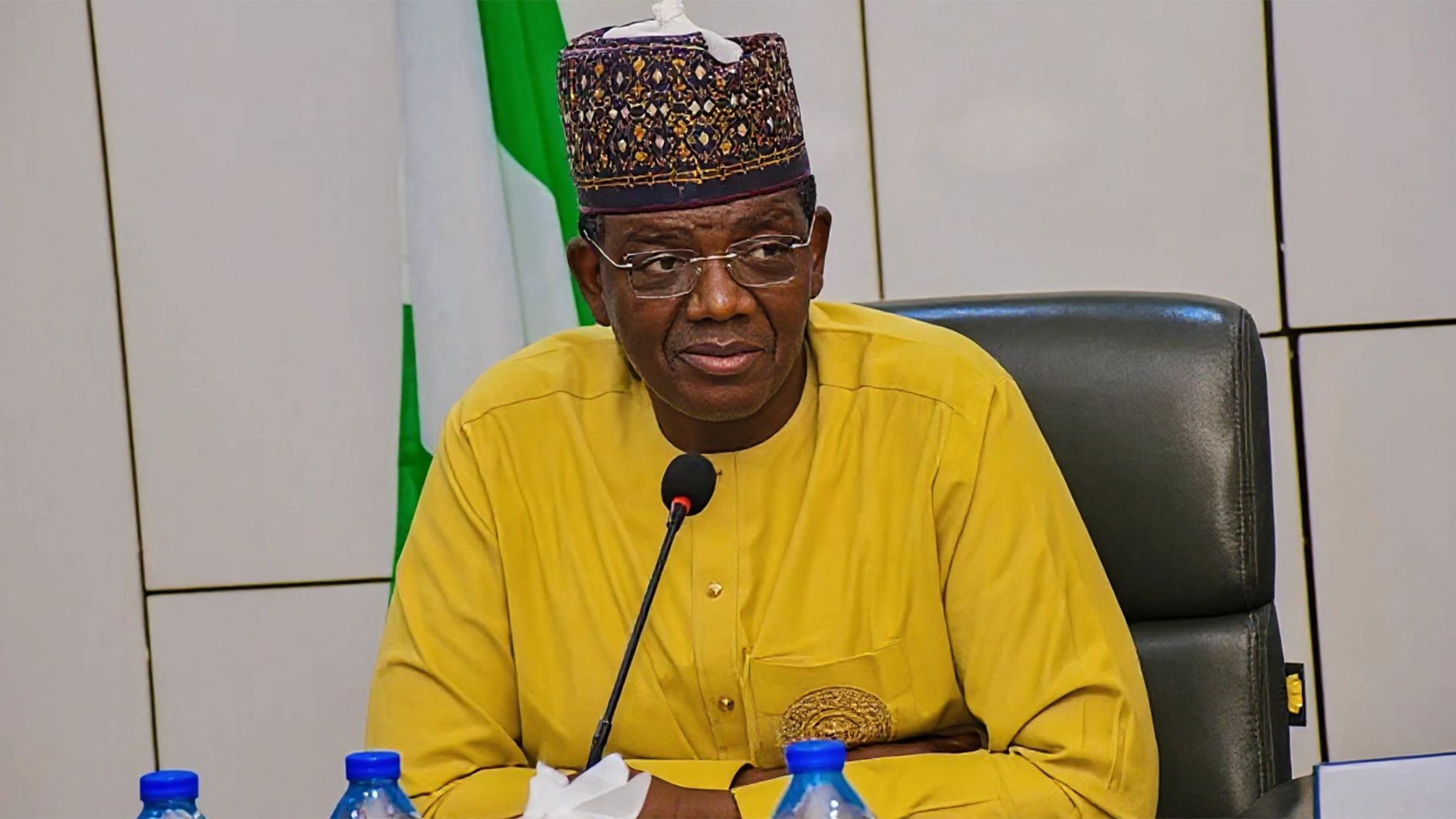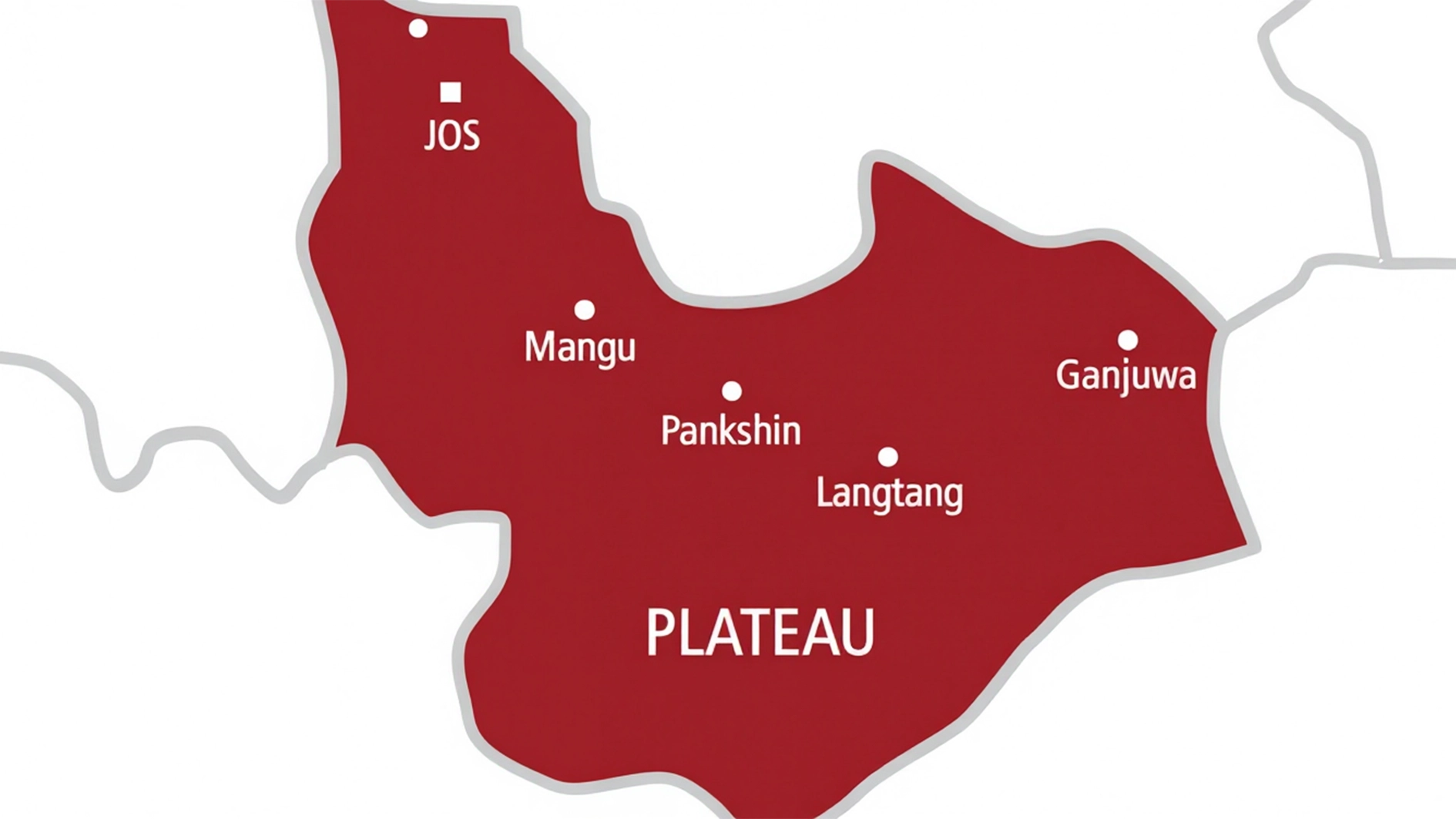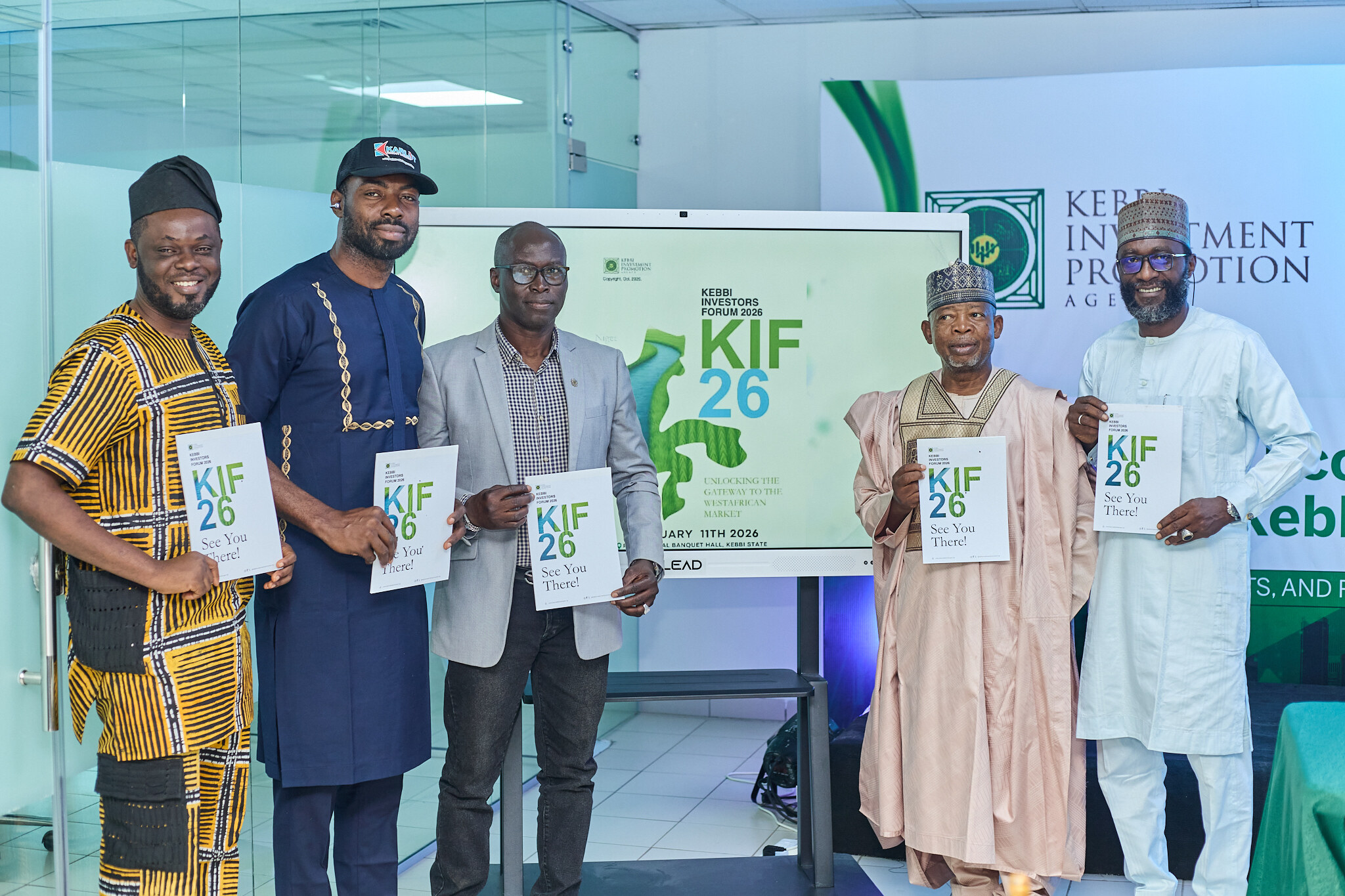The President and Founder of the Institute for Leadership and Development Communication (ILDC), Associate Professor Desmond Okocha, has called for homegrown solutions to African challenges.
Okocha, who also serves as Head of the Department of Mass Communication and Dean, School of Communication and Media Studies at Bingham University, Karu, Nasarawa State, emphasised that Africa’s development must be rooted in its own cultural identity, value systems, and contextual realities rather than relying on borrowed models from the West.
According to him, the time has come for Africans to redefine leadership and development through indigenous perspectives that resonate with the continent’s spirit and lived experiences.
Speaking in Abuja at the induction of new members into the Institute, the don asserted that every African is a potential leader, stressing that leadership does not begin in public office but within one’s immediate environment. “If you have to wait until you are given public office, you are bound to fail,” he said. “Leadership skills are built, honed, and executed right from the micro level of our individual lives — in our families, our communities, and every little commitment entrusted to us. True leadership grows from accountability and service at the grassroots.”
He further cautioned against dependence on Western models to solve Africa’s unique problems, explaining that “solutions or models have spirits that go along with them.”
He maintained that it is “impossible to bring a Eurocentric spirit to address an African problem that requires an African spirit.” To this end, Prof Okocha urged policymakers, educators, and young leaders to embrace Africanness in their thinking and practice, ensuring that the continent’s problems are met with contextually relevant and culturally grounded responses.
The ILDC founder emphasised that for Africa to achieve sustainable progress, its people must “indigenise” their approach to leadership, governance, and innovation. He called for a revival of pride in African identity, local wisdom, and community-based solutions as a foundation for meaningful development.
He urged the new inductees to see their membership not merely as an achievement but as a call to service and responsibility towards the growth of the African continent. Prof Okocha charged them to apply the principles of ethical leadership, integrity, and accountability in their various fields of endeavour, noting that true leadership is measured by the positive impact one makes within their sphere of influence.
On his part, Associate Professor of Journalism and Media Studies at Bingham University, Gabriel Nyitse, emphasised the need for a new generation of leaders who are grounded in African values, integrity, and service to humanity.
He noted that leadership should be viewed as a platform for solving societal problems rather than an avenue for personal gain.
He further encouraged the new inductees to uphold the ideals of professionalism, discipline, and continuous learning in their various careers.
According to him, effective leadership communication is central to building trust, fostering unity, and mobilising citizens towards a shared vision of progress.






